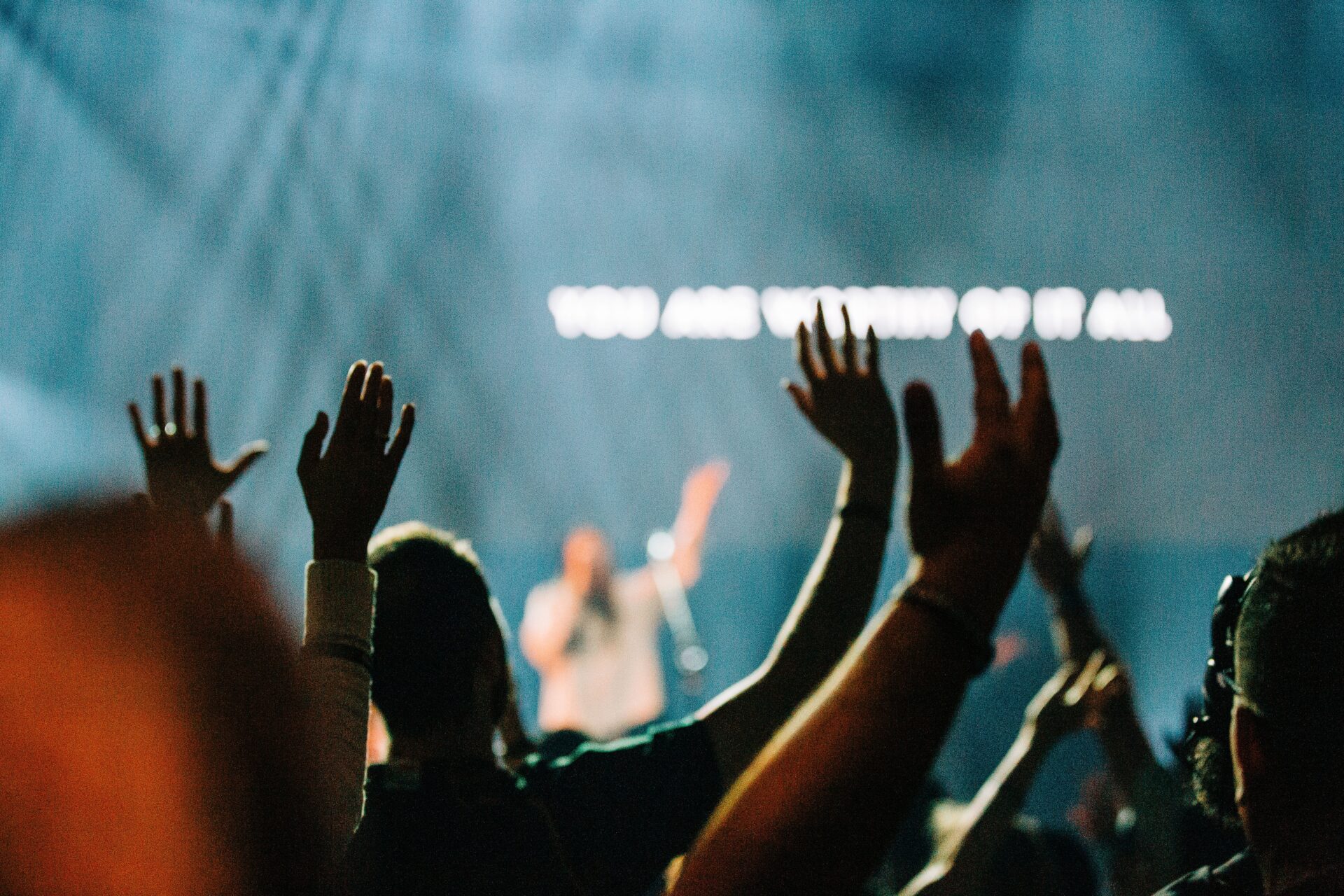
Photo by Bree Anne on Unsplash
What do you do with a revival?
Awakenings are different. Whether for days or weeks or even years, spiritual revivals have made appearances throughout history. There are biblical awakenings described during the reigns of King Jehoash, King Hezekiah, King Asa, and others. Pentecost is arguably the greatest awakening of all time, but we tell ourselves “That was then and this is now.”
In the late 1730s and early ’40s, there was a Great Awakening in this country. The British were still in control. Puritans ruled New England. Church attendance boomed and conversations about spiritual things were occurring everywhere. As a byproduct, a missionary spirit grew and educational institutions sprouted up.[i]
In the early 1800s, a Second Great Awakening was underway in multiple locations, fanned by indoor and outdoor preaching. Not only were people gaining salvation, but this spiritual awakening led to organizations intended to improve God’s earthly kingdom. From the creation of the American Bible Society to the empowerment of the anti-slavery movement, the influence on society was significant.
Since then, there have been awakenings of various sizes and shapes. I remember hearing Dr. Harold Ockenga reflect on his ministry at Park Street Church in Boston. I was in chapel when he confessed that he was against bringing some uneducated, Southern youngster to Boston for evangelistic crusades even though his elders pleaded to give it a chance. They wore him down. God wore him down. What ensued was weeks of Billy Graham crusade meetings that revived the spiritual life in the city.[ii]
What do we do with the revival at Asbury? It appears to have peaked, as they always do. The crowds became so difficult for the community to handle that the meetings had to end on campus and move elsewhere. But we can reflect. We can be like the many who came to Asbury late and were heartbroken that they had missed it. We can deny it or minimize it. During the first two Great Awakenings, there were debates about legitimacy considering the emotionality of the movement. Others may try and replicate it. What did they do? How did they do it? But God has never worked according to formulas.
My greatest fear is that there will be over analysis, episodes of 20/20 and future feature podcasts dissecting each day and interviewing each one who thinks they have some keen insight to reveal. Poet Laureate Billy Collins critiqued his poetry students, saying “all they want to do is tie [a poem] to a chair with rope and torture a confession out of it…beating it with a hose to find out what it really means.” We may be tempted to do the same to Asbury.
We can learn from it in a Romans 8:28 sort of way. Two observations come to mind. Dr. Keith Hardman writes, “Awakenings are usually preceded by a time of spiritual depression, apathy, and gross sin, in which a majority of nominal Christians are hardly different from the members of secular society, and the churches seem to be asleep.”[iii] I think we can agree that the first condition is met because arguably, those human conditions are always being met.
Nehemiah hears from survivors that the Hebrew people are in “great trouble and shame; the wall of Jerusalem is broken down…” (Nehemiah 1:3) The state of God’s worshipping community is in such disarray that Nehemiah sits down and mourns for days. There is a lot of weeping for the church these days.
Nehemiah immediately enters into a time of fasting and prayer. That appears to be the second observation about awakenings: they are rooted in prayer. Prior to awakenings, historians point to small groups gathered for prayer. Rarely is there a message or sermon. People are invited to pray or sing or give a testimony or a brief word. There is minimal planning. Regarding the prayer meetings, Hardman writes, “…the chief rules were that a meeting should begin and end punctually, and that no one should speak or pray for very long.”[iv] Awakening prayers were in small groups so everyone could pray. With such praying happening during the work day and in public settings, denominational and sectarian boundaries were crossed. The prayers were brutally honest and often led to repentance. And most importantly, the praying was the awakening, without the expectation of some big future event.
Rosalyn Rinker, a graduate of Asbury College and a twentieth century advocate for small group prayer, encouraged childlike prayer. Her guidance seemed revolutionary when I was pastoring in the 1970s. She cautioned against the rationalization of prayer that comes with taking prayer requests, praying competitions, and prayers with imbedded sermons. Use first person prayers: Forgive me… I’m sorry about…help me… Such opportunities for prayer don’t require crowds or long preparations.[v] In the recent Asbury event, more ministry was happening in the seats than anything happening on stage.
Well-seasoned Christians are familiar with professional ritualistic praying. It has its place. But any congregation can form prayer meetings like the ones that preceded spiritual revivals. Such praying is accessible to all, believer and seeker alike. Let awakening begin.
The views expressed are those of the author and not necessarily those of American Baptist Home Mission Societies.
[ii] Story told by Dr. Harold Ockenga at a chapel service I attended in the late 1970s.
[iii] Christian History, “Spiritual Awakenings in North America,” p. 7.
[iv] Ibid. p. 33.
[v] From lecture in relationship to her thoughts on prayer in her book, Conversational Prayer (Rosalyn Rinker, Word, 1976).


